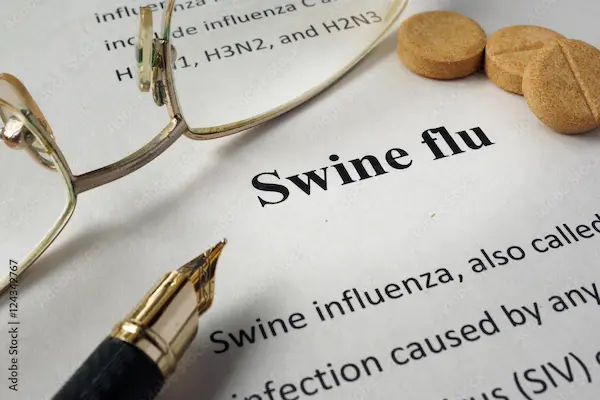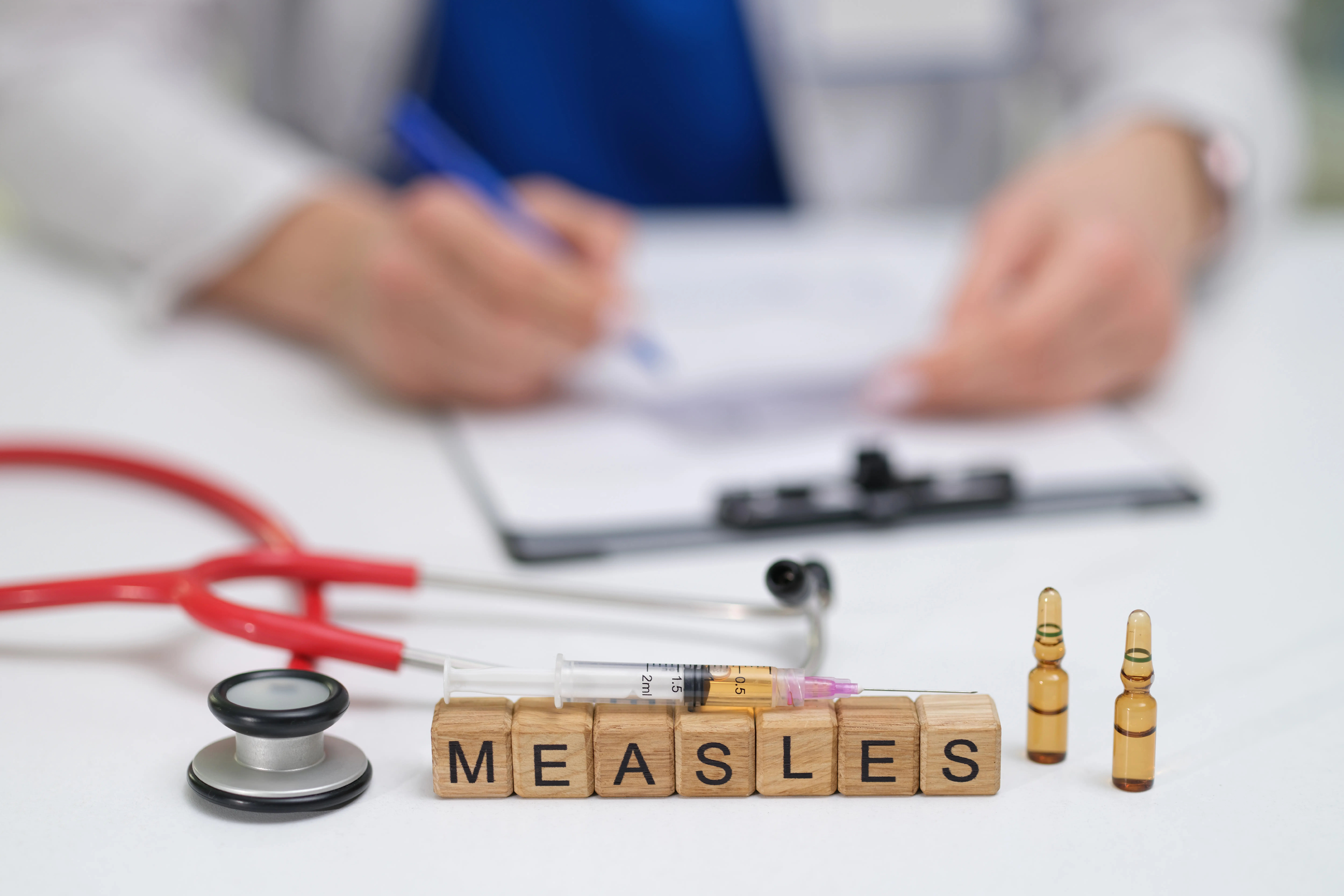- Male
- 28 Years
- 29/01/2025
I'm really worried about what happens if someone is exposed to the HIV virus. How soon would symptoms start showing up, and what are the first signs to look out for?
Answered by 1 Apollo Doctors
Most people infected with HIV experience a short, flu-like illness that occurs 2-6 weeks after infection. After this, HIV may not cause any symptoms for several years.
Dr. Ibrahim Suggests...
Consult a Infectious Disease specialist
Answered 04/07/2025
0
0

More Infectious Disease Health Queries
View allI'm really worried because a dog licked a small scratch on my leg on July 10th, 2017. I started getting the rabies vaccine on July 12th, 2017, but then the dog died on July 14th, 2017. I completed all 5 doses by August 13th, but now I'm having some symptoms like shortness of breath and a mild fever. Should I be concerned about rabies even after finishing the vaccine?
continue your vaccination
Answered by 1 Apollo Doctors
I'm getting my rabies vaccines right now and I'm wondering if it's okay to eat non-veg like mutton and chicken during this time. Can you advise me on this?
There is no specific diet restriction while on rabies vaccination regimen. You may consume a non-veg diet without concern.
Answered by 1 Apollo Doctors
My cat bit me again today. I got the Abhayrab vaccine back in July, with the full series of 5 shots. Since the bite happened today, on November 19th, 2017, I'm wondering if I need to get vaccinated again, take a booster, or if I'm already protected and don't need to worry. Could you help me figure out what I should do?
Methi (Fenugreek) and Hypothyroidism _Methi's Effect on Thyroid_ 1. _Goitrogenic properties_: Methi contains compounds that may interfere with thyroid function, potentially worsening hypothyroidism. 2. _Thyroid hormone absorption_: Methi may also reduce the absorption of thyroid hormones, such as levothyroxine (Thyronorm). _Precautions_ 1. _Moderation is key_: If you have hypothyroidism, consider limiting or avoiding methi consumption. 2. _Consult your doctor_: Discuss your diet and methi consumption with your doctor to determine the best approach. _Fruits to Limit or Avoid for Thyroid Health_ 1. _Pears_: High in goitrogens, which may interfere with thyroid function. 2. _Peaches_: Contain a compound that may reduce thyroid hormone production. 3. _Apricots_: High in goitrogens, which may worsen hypothyroidism. 4. _Plums_: Contain a compound that may interfere with thyroid hormone production. _Remember_ 1. _Balance is essential_: A well-balanced diet with minimal goitrogenic foods can support thyroid health.
Answered by 1 Apollo Doctors
Disclaimer: Answers on Apollo 247 are not intended to replace your doctor advice. Always seek help of a professional doctor in case of an medical emergency or ailment.




